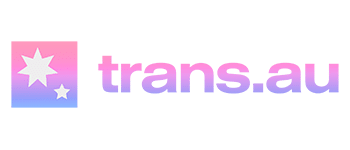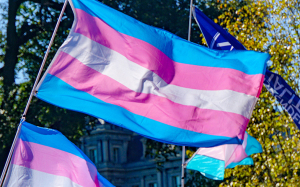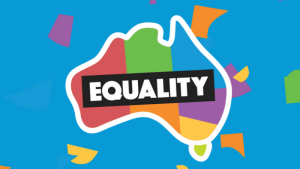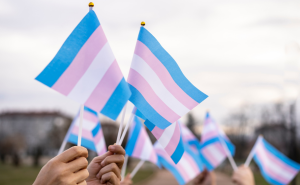This article was originally published by the Nonsense Newsletter team. You can find the original article here.
Streaming service 6 News has been active for only five years but in that short time the unique news outlet has more than earned its own place next to long-running titans such as the ABC and Sky.
Run by a majority of teenagers not even eligible to vote, 6 News has centred a generation that is notoriously disillusioned and embittered by mainstream politics. Nonetheless, the fledgling channel has continued to grow, offering famous moments such as Leonardo Puglisi’s interviews with major party leaders Scott Morrison and Anthony Albanese ahead of the 2022 election and rolling news coverage of everything from the wars in Ukraine and Gaza to the upcoming local council elections in New South Wales and Victoria.
Spearheading the 6 news election coverage is their election analyst or, for the pretentious word enthusiasts out there, psephologist, Maggie Perry. A transgender girl who grew up in Sydney but now lives in rural Queensland, Maggie is already making a name for herself with her insightful Twitter threads, quick wit and beating the best in the game at making accurate election predictions – all at the age of 15. For those who want to feel really old, that means she was born after Lady Gaga released Just Dance.
I had the pleasure of interviewing Maggie about her life, job and hopes for her future, and while it’s no secret that journalism is currently very hostile for trans women, it’s a much-needed breath of fresh air to focus on the young trans girls who are turning the tide around.
Despite still balancing school, living in a conservative part of Australia, and the prospect of losing her access to social media, Maggie doesn’t baulk with the pressure of being compared to the likes of Antony Green and is overjoyed with her position as a teenage trans girl in the spotlight.
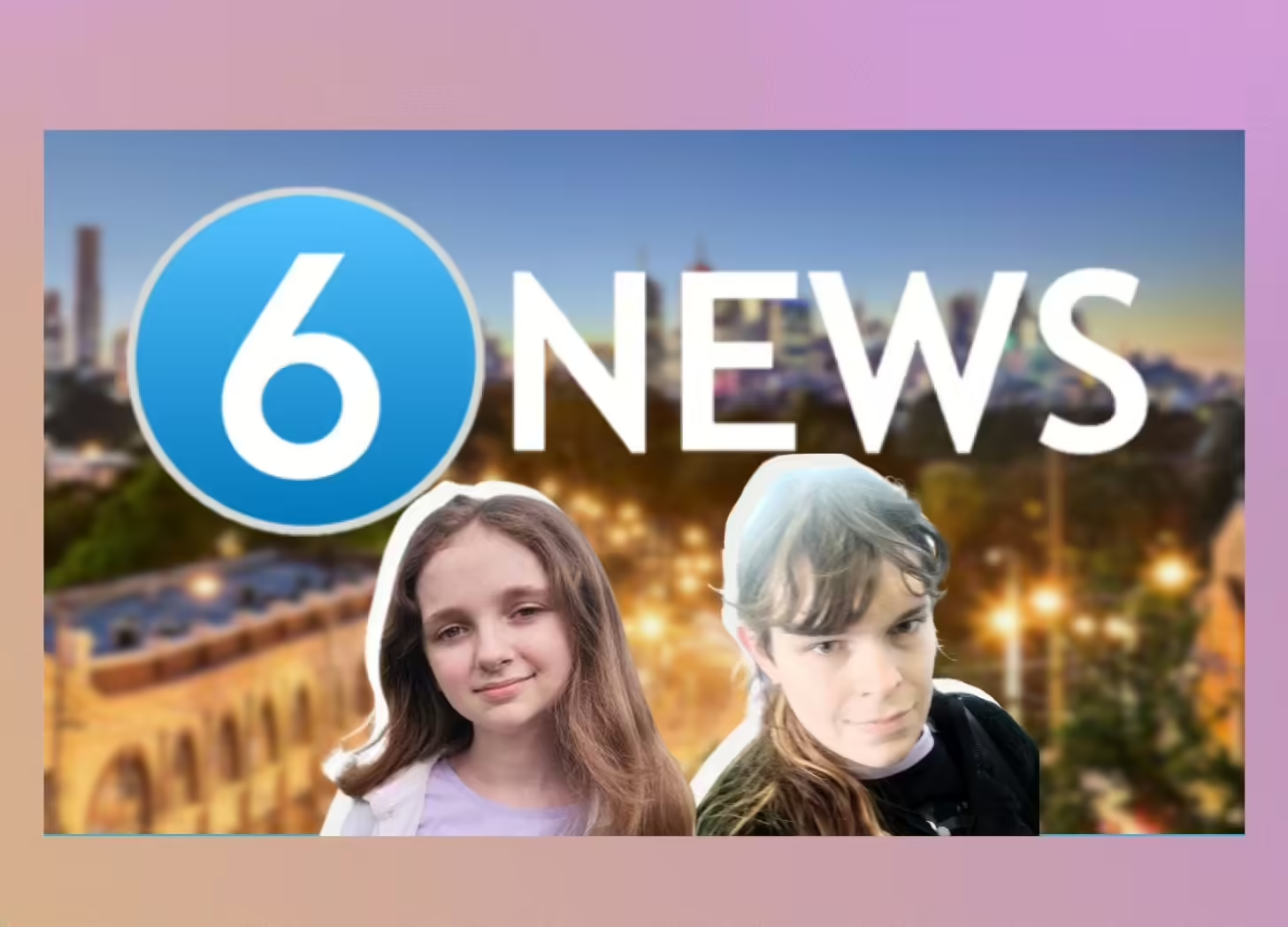
Talking with Maggie Perry
Maggie originally came out as a 9-year-old in Sydney after describing herself as a “Tomgirl”, and attributes her interest in psephology to the rise of minor parties in the Australian electoral system. Times have never been more difficult for trans people in the public eye, but the young commentator isn’t afraid of representing her community.
“I would like to talk about my identity a bit more. I get the occasional transphobic comment, but I just find it funny, I don’t think it affects my work or how it defines me to most people and I really like that. I also have a lot of trans friends that I met online because of my work which I’m very grateful for.”
Maggie has come into psephology at a time when major news outlets such as CNN, the Atlantic and The Guardian are asking whether “democracies are dying”. But in spite of this, Maggie is adamant that her work is more exciting than ever.
“People are very dissatisfied with current politics, but with the amount of resources available and the big platform that the internet gives me, it makes it a great time to do psephology in my opinion.”
On top of this, Maggie has also faced the potential threat of losing her access to her work via the bipartisan support of a bill that would ban under-16s from social media. After this bill was announced, 6 News founder Leonardo Puglisi took to the airwaves slamming this legislation, the effect it would have on 6 News, since half of its contributors are 15 or younger, as well as the general effect it would have on his generation. Likewise, Maggie says that such a law would be devastating for young trans girls such as herself.
“I’d love Albanese to understand that the Internet is really important for trans visibility and us being able to communicate with each other. If you’re trans, you might not know someone in real life who is LGBTQ, so we need this visibility online to feel comfortable talking about it. If you strip away social media from young people, it strips away that visibility too, and that’s really harmful.”
Whilst defending 6 News, Leonardo also sang the praises of Maggie herself, citing that she had made election calls before her mainstream rivals, who don’t even have to deal with such pointless distractions as school and teenage life. However, Maggie remains humble, saying that she prefers to to make sure her work is accurate and easily digestible, even saying “I’ve definitely been more right than Leo on a lot of scenarios”. Shade!
“My strategy with analysis is knowing that I’m really invested in this sort of thing. There are a lot of people out there who aren’t as invested but still want to learn about it, so I try to make easily digestible Twitter threads so people can go through and they can understand all of the important stuff without having to do all of the research.”
One of the major problems that comes with being transgender and doing a contentious job such as election analysis is that it becomes difficult to separate professional from the personal. When some parties are actively campaigning for your rights to be stripped away, it becomes difficult to not root against those parties in the upcoming election, even when your job is to be impartial. Maggie acknowledges this challenge, but says that overall, she’s optimistic and committed to her work.
“Right now, being trans is such a big political issue, and all these people are voting around it. I’m trying to be informative, I’m trying to be unbiased, but it’s difficult to be impartial when more and more issues are centred around trans rights. If it becomes less of a polarising issue, it’ll be less of an issue to be impartial.”
It’s beautiful to see young talented trans people cutting through the bullshit, filling up the airwaves and making her imprint on history already. As a trans activist myself, the conviction of young girls like Maggie make me feel like nothing can stop us from changing the world for the better.
But in addition to politics, Maggie says that her original love was the Eurovision Song Contest, so she has amazing opinions about pop culture too. Hell yeah! Trans girls of the world, we will rave!
When I asked her about her future, Maggie says that she her dream has always been to join the election results herself as a politician and fight for our rights more actively. Jade Darko only recently became the first trans woman to win an electoral position in Australia at Clarence City Council in Tasmania, but there has yet to be a single trans person elected to a Parliament anywhere in the country.
Despite this and her own big ambitions, Maggie says, she hopes to not be the first trans politician in an Australian Parliament, and that the next generation of trans people can expect a bright future ahead of them.
“I love doing this election stuff but my plan has always been to getting into being a politician. I hope I won’t be the first. I think trans people will become more visible, and I think we can achieve a lot. As trans people become more known around the world, we’ll see a lot more achievements from trans people in politics, but we’re just waiting at the moment. I hope I can change people’s perspectives on trans people. It makes me extremely happy that I can be a role model to other young trans girls out there.”
Natalie Feliks is a writer and activist originally from Adelaide, now living in Melbourne. She’s written for the likes of Junkee, Crikey, and Overland, and spends her time listening to pop music and eating chocolate.
The LGBTQIA+ Media Watch Project is partially funded by The Walkley Foundation, and proudly pays queer writers, journalists and experts to write about LGBTQIA+ representation in media and culture. To support writer-owned, independent, queer-led media, please consider subscribing – this is how we pay our writers!
